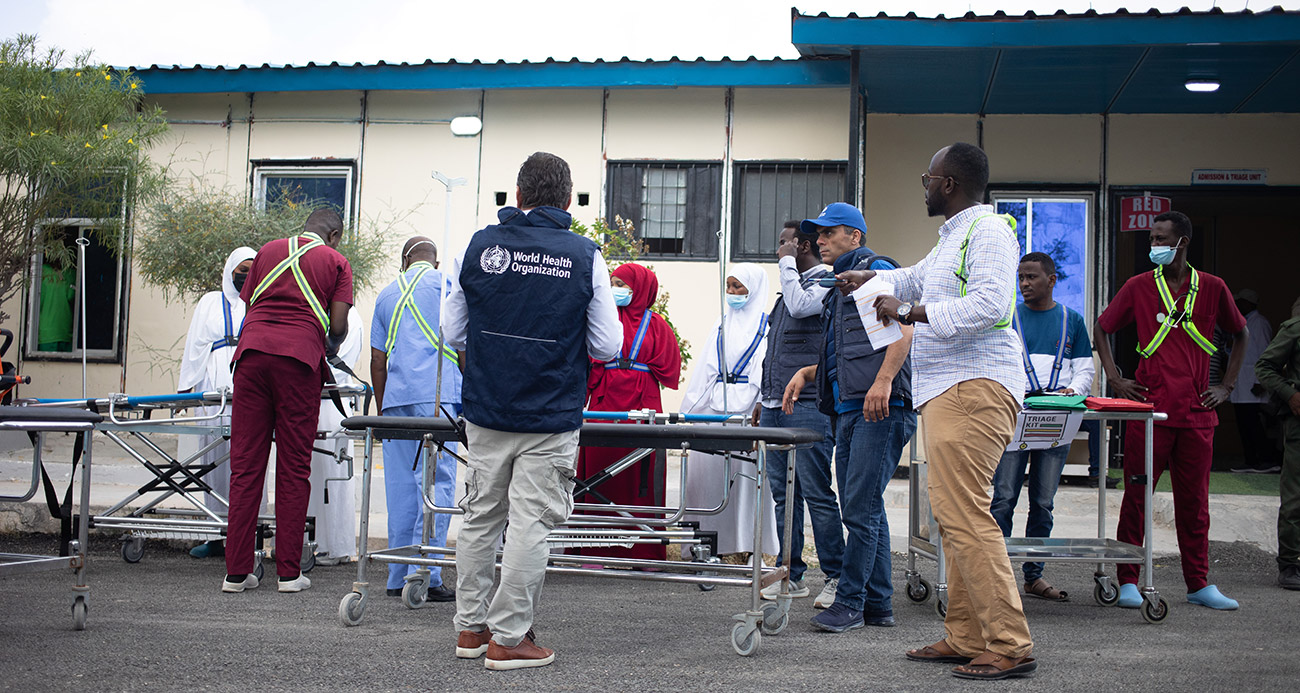QR-code
Scan to Connect to Wi-Fi
‘I would have ended my life if I knew someone would take care of my children’
The prolonged conflict in Yemen has left many facing mental health issues but care is often impossible to access

10 October 2024, Aden, Yemen – Aisha does not know how old she is. “My father told the judge I was 21 when I first got married,” she says when told how young she looks.
“I left my first husband whilst I was pregnant with my first child. His only condition for divorce was that he take the baby once I gave birth. I held him for an hour before they took him away. I only saw him again when he was 13.”
“Our community shames divorced women,” she continues, “meaning I could not stay single for long. So I married again, but my second husband died after a severe illness. Now I am with my third husband and often feel the issues and troubles I face are more than I can bear.”
It has been nearly a decade since the conflict began in Yemen. Prolonged instability has fragmented socioeconomic structures, reversing many hard-won development gains. Poverty levels have skyrocketed, with nearly 80% of the population now living below the poverty line.
“I reached a point where I would leave my children and run away. I hated myself and everyone around me. But then I thought, who will take care of my babies? What will happen to them if I leave? No one would feed them when I was not around. So I always went home. But the truth is I would probably have ended my life if I knew someone would take care of my children.”
“Then a friend told me about this clinic, and I started psychosocial support sessions. The doctor listened to me patiently. She prescribed medications and I started feeling better. Life is still hard, but I feel a little more positive and hopeful now. It is like a heavy weight has been lifted from my chest. That is why I continue coming here, to finish my treatment and hold onto my family.”
In a country where the impact of conflict affects every aspect of people’s lives, the gap between the demand for and availability of mental health services has reached unprecedented levels. Mental health clinics are few, often medications are unavailable, and mental health professionals are in short supply. Mental health conditions continue to be stigmatized, and the fear of being judged by their communities prevents many people from seeking help.
While an estimated 7 million people need mental health care, only 120 000 have access. For those who do find help, the difference can be life changing.
“I am an internal medicine specialist but I volunteer in this clinic after work hours to help fill the gap. All the doctors working in the unit are volunteers,” says Dr Hanan, the manager of a WHO-supported mental health clinic.
“Initially, we did not have many patients and the majority were directly transferred from other clinics. Now we receive around 20 patients each month, mostly women. The issues behind their conditions are almost always connected to economic conditions and their inability to provide for their families, especially their children.”
“Stigma surrounding mental health issues often prevents individuals from seeking the help they need. We only provide psychosocial support, which aims to enhance well-being and help people cope with stress, trauma and crisis situations,” says Dr Hanan. “When a psychotic condition is referred to our clinic, we refer them on to a psychiatric hospital for specialized treatment. That is the point at which we know the patient will refuse, afraid of what the people around them will think.”
###
With European Civil Protection and Humanitarian Aid Operations (ECHO) support, WHO and the Ministry of Public Health are building the capacity of Yemen’s health system to deliver mental health and psychosocial support services at primary, secondary and tertiary health care facilities. Our work includes rehabilitating health facilities that provide mental health treatment, providing psychotropic medications to 17 hospitals across 12 governorates, and training of over 65 medical health workers.
Some names have been changed
Trauma care and mass casualty management
 Mass Casualty Management Simulation exercise in Madina Hospital in Mogadishu, Somalia. Photo credit: WHO / Ismail Taxta
Mass Casualty Management Simulation exercise in Madina Hospital in Mogadishu, Somalia. Photo credit: WHO / Ismail Taxta
Trauma-related fatalities are on the rise in the WHO Eastern Mediterranean Region, as its countries and territories suffer ongoing conflict, escalation of violence, and natural disasters.
Injury death rates are nearly 3 times higher in low- and middle-income countries of the Region than in its high-income countries. Traumatic injuries are most common in fragile and conflict-affected settings. But the populations most in need of trauma care services are typically those least able to access them.
Between 60% and 80% of all trauma-related deaths in low- and middle-income countries of the Region occur before reaching the hospital, reveals a recent WHO analysis. About one quarter of these fatalities may be avoidable with basic control of haemorrhage at the time of injury.
In low-resource settings, however, prehospital services are rudimentary, and injured patients are often stabilized and even transported to hospital by family, friends or members of the public.
Videos
Related articles
Saving lives and limbs: WHO scales up its trauma response in Somalia
WHO rolls out capacity-building plan for strengthening trauma care services in Somalia
WHO concludes first phase of mass casualty training in Afghanistan
WHO supports Gaza’s public hospitals to better respond to the recent escalation of hostilities
Newly established WHO Academy credits response of Somali health workers to mass casualty events








